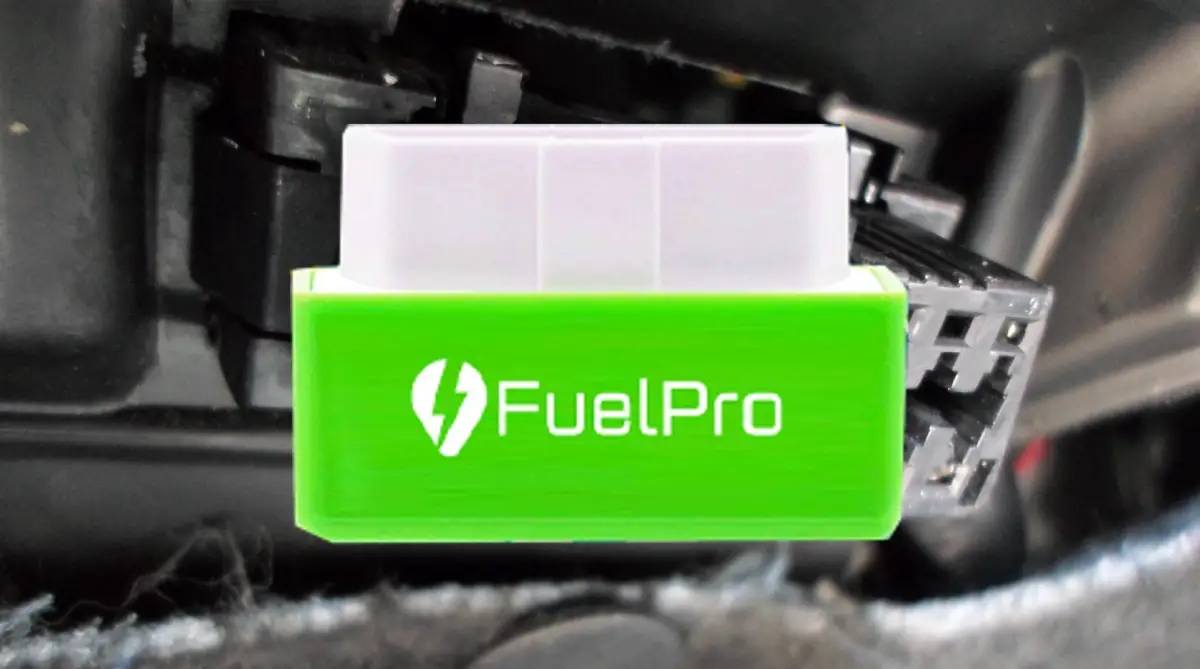In an era where fuel efficiency has become a paramount concern for drivers worldwide, innovative solutions like the Fuel Save Pro have garnered significant attention. This device, purported to revolutionize how we manage fuel consumption, has been the subject of much debate and analysis. In this comprehensive review, we delve deep into the workings of the Fuel Save Pro, examining its features, effectiveness, and the science behind it, providing readers with a thorough understanding of its potential impact in 2024.
Understanding Fuel Save Pro: The Basics
Fuel Save Pro is a device that claims to enhance the fuel efficiency of vehicles. It is designed to be plugged into the OBDII port of a car, a standard system available in vehicles produced after 1996. Once installed, it allegedly reads and optimizes the car’s ECU (Engine Control Unit) settings for better fuel efficiency. The premise is simple: the device can purportedly reduce fuel consumption without compromising vehicle performance by optimizing the engine’s parameters, such as fuel injection timing and air-to-fuel ratio.
The Technology Behind Fuel Save Pro
Fuel Save Pro’s technology core lies in its ability to interact with the vehicle’s ECU, a pivotal component that controls various aspects of the engine’s operation. By adjusting the ECU’s settings, Fuel Save Pro aims to make the engine run more efficiently. This involves a complex algorithm continuously monitoring and adjusting real-time parameters, adapting to driving conditions and habits to optimize fuel usage. Critics and proponents alike are keenly interested in the specifics of these algorithms and their actual efficacy in real-world driving conditions.
Analyzing the Effectiveness of Fuel Save Pro
Evaluating the effectiveness of Fuel Save Pro requires a multifaceted approach. On one hand, numerous user testimonials and case studies suggest that the device has led to noticeable improvements in fuel economy, with some users reporting up to a 15-20% reduction in fuel consumption. However, it’s crucial to approach these claims critically, as factors such as driving habits, vehicle conditions, and even placebo effects can influence perceived improvements.
Scientifically, the potential for such devices to improve fuel efficiency is grounded in the engine optimization principle. However, the extent of improvement is highly variable and dependent on the specific vehicle, its existing state of tune, and how it’s driven. Moreover, automotive experts emphasize that modern cars are already optimized for fuel efficiency by manufacturers, leaving limited room for further improvements without altering the vehicle’s performance or emissions compliance.
![Fuel Save Pro Reviews – [UPDATED] Does It Really work? Read Before Buying | USA and CANADA](https://www.newsdirect.com/hs-fs/hubfs/fuel%20save%20pro.png?width=1100&height=733&name=fuel%20save%20pro.png)
Environmental and Economic Implications
The environmental and economic implications could be significant if Fuel Save Pro delivers on its promises. From an ecological standpoint, reducing fuel consumption directly correlates with lower carbon emissions, contributing to efforts against climate change. Economically, the savings on fuel costs for consumers could be substantial, especially for those who drive frequently or manage fleets of vehicles.
However, it’s essential to balance these potential benefits with a critical understanding of the device’s effectiveness and the broader impact of widespread use. For instance, if the device alters vehicle emissions in a way that violates environmental regulations, it could pose more harm than good. Therefore, ensuring Fuel Save Pro and similar devices comply with regulatory standards is crucial for their ethical and sustainable application.
Navigating Regulatory Compliance
One of the pivotal concerns surrounding the adoption of devices like Fuel Save Pro is their adherence to regulatory standards. Vehicles are subject to stringent emissions regulations designed to minimize their environmental impact. Any aftermarket device that modifies engine performance must do so within the legal framework established by environmental agencies. This ensures that while striving for better fuel efficiency, the vehicles remain compliant with emissions norms, safeguarding environmental health. The challenge for Fuel Save Pro lies in proving its ability to enhance fuel economy without breaching these regulations, a delicate balance critical for its widespread acceptance and use.

Consumer Considerations and Market Impact
For consumers considering the Fuel Save Pro, the decision often hinges on a blend of factors, including cost, expected savings, and long-term benefits. The initial investment in the device is weighed against potential fuel savings over time, with many users looking for a break-even point. Beyond individual savings, the broader market impact of widespread adoption could drive competition, encouraging further innovation in fuel-saving technologies. This scenario could lead to a healthier market ecosystem where consumers can access various practical solutions, pushing manufacturers to integrate more fuel-efficient technologies in new vehicles.
The Role of Technology in Fuel Efficiency
The advent of Fuel Save Pro highlights the increasing role of technology in enhancing vehicle fuel efficiency. Beyond mechanical improvements, software and data analytics are becoming crucial in optimizing vehicle performance. This trend underscores the potential of technology to improve existing vehicle efficiencies and innovate solutions that challenge traditional fuel consumption norms. Integrating AI and machine learning could further refine these optimizations as we advance, offering personalized efficiency improvements based on individual driving patterns and conditions.
Real-World Application and Feedback
An essential aspect of evaluating Fuel Save Pro’s effectiveness is real-world application and user feedback. Case studies and testimonials provide insight into how the device performs under various conditions, offering valuable data for potential users and manufacturers. This feedback loop is crucial for ongoing improvements, helping to fine-tune the device for broader vehicle compatibility and efficiency gains. Engaging with a community of users can also help prospective buyers make informed decisions, understanding the nuanced experiences of others with similar vehicles and driving habits.

Future Directions in Fuel-Saving Technologies
Looking beyond Fuel Save Pro, the future of fuel-saving technologies appears promising and diverse. Innovations in electric vehicles (EVs), hybrid technologies, and alternative fuels continue to push the boundaries of what’s possible in automotive efficiency. However, for the vast number of traditional internal combustion engine vehicles still in use, devices like Fuel Save Pro represent an immediate solution to reduce fuel consumption. The ongoing development in this area suggests a transitional period where both traditional and emerging technologies coexist, contributing to a more sustainable and efficient transportation ecosystem.
Conclusion: The Verdict on Fuel Save Pro
In sum, Fuel Save Pro presents an intriguing option for those looking to enhance their vehicle’s fuel efficiency. Its potential environmental and economic benefits and the technology’s innovative approach to optimizing engine performance offer a compelling case. However, the device’s success and acceptance will ultimately depend on its ability to deliver tangible savings without compromising regulatory compliance or vehicle integrity. As the automotive world continues to evolve, integrating such technologies will be pivotal in driving towards a more fuel-efficient future. For now, Fuel Save Pro stands as a testament to the innovative spirit driving the quest for better fuel economy, inviting both optimism and scrutiny as it carves its niche in the automotive landscape.

